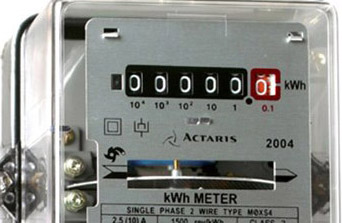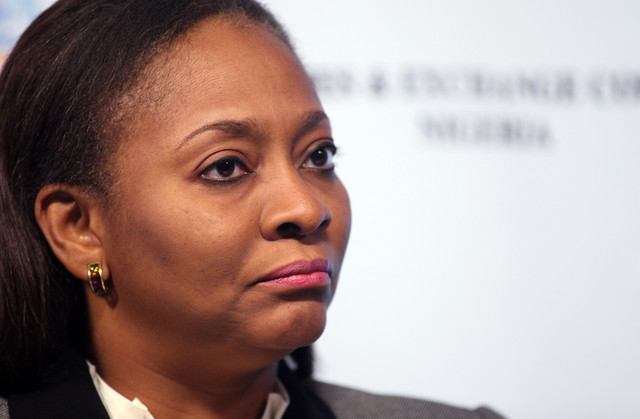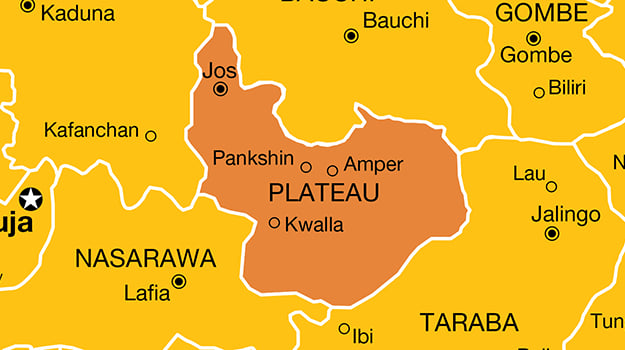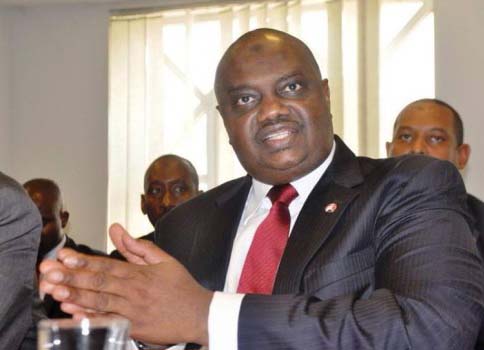A federal high court in Lagos on Thursday reaffirmed its order restraining the Nigerian Electricity Regulatory Commission (NERC) from increasing electricity tariff.
Justice Mohammed Idris, who gave the ruling, also struck out the preliminary objection and application to nullify the order brought by NERC.
Toluwani Adebiyi, a Lagos-based lawyer, had instituted the suit, seeking a perpetual injunction to restrain NERC from implementing any upward review of electricity tariff without significant improvement in power supply.
Idris struck out NERC’s preliminary objection on the basis that it did not comply with Order 29, Rule 4 of the Federal High Court Civil Procedure Rules.
Advertisement
The order provides that such objection must be filed within 21 days after the suit was served.
“By my records, the NERC’s objection was filed outside the 21 days prescribed by the rules,” Idris said.
“In the circumstances, I hold that the preliminary objection was filed in breach of the rules of court. The objection filed is, therefore, in my view, incompetent and is hereby struck out.”
Advertisement
NERC had also argued that the motion ex parte was incompetent, and that the court lacked jurisdiction to grant it. But the judge said the application challenging the motion ex parte also failed to comply with Order 26, Rule 11 of the court, which states that where a court makes an order based on a motion ex parte, any person affected by it may apply to vary or discharge it within seven days.
The judge held that the order was made on May 28 and served on NERC on June 3, but “the application to discharge the order was only filed on July 6 outside the seven days period prescribed by the rules”.
However, Idris said the relief for extension of time was not sought.
“It is clear that this second application was also filed in breach of the rules of court and is also incompetent,” he said.
Advertisement
“Both applications – the preliminary objection and motion to set aside – are all hereby declared incompetent and are hereby struck out. The order of court maintaining status quo remains until further order is made.”
Idris adjourned the case to September 23 for hearing of the plaintiff’s substantive motion.
The court had earlier restrained NERC from implementing the new tariff, barring the respondents, including electricity distribution companies, from effecting any increment in electricity tariff until the hearing and determination of the substantive suit.
NERC objected to the suit and urged the court to discharge the restraining order, with George Uwechue (SAN), its counsel, arguing that the motion ex parte on which basis the restraining order was granted was an abuse of court process.
Advertisement
Adebiyi, the plaintiff, is asking among others, an order restraining the NERC from foisting compulsory service charge on prepaid meters because consumers should not be paying a flat rate of service not rendered or power not used.
He wants the service charge on prepaid meters not to be enforced “until there is visible, efficient and reliable power supply’” as applicable in foreign countries where the idea of service charge was borrowed.
Advertisement
Adebiyi is further asking for an order of court mandating NERC to generate more power to meet the country’s power needs, and to develop a multiple long-term financing approach sourced from the banks, capital market, insurance and other sectors to finance the power sector.
The lawyer also wants the court to mandate NERC to make available to all Nigerians within two years, prepaid meters as a way of stopping “estimated or crazy bills”.
Advertisement
NERC has had the tariff implement on the cards since 2014. In November, Muhammad Lawal bello, its vice chairman, said tariffs would rise from December 1 as a result of increase in gas prices. He maintained that the upward review of electricity tariff was inevitable despite the continued poor electricity supply in the country.
The take-off was delayed, but in May 2015, Sam Amadi, the NERC chairman, told a news conference in Abuja that the new tariff would take effect from June 1 as provided for in the Multi-Year Tariff Order (MYTO).
Advertisement
However, nine days before the presidential election, the federal government announced a 50-percent slash in electricity tariffs.
Add a comment






